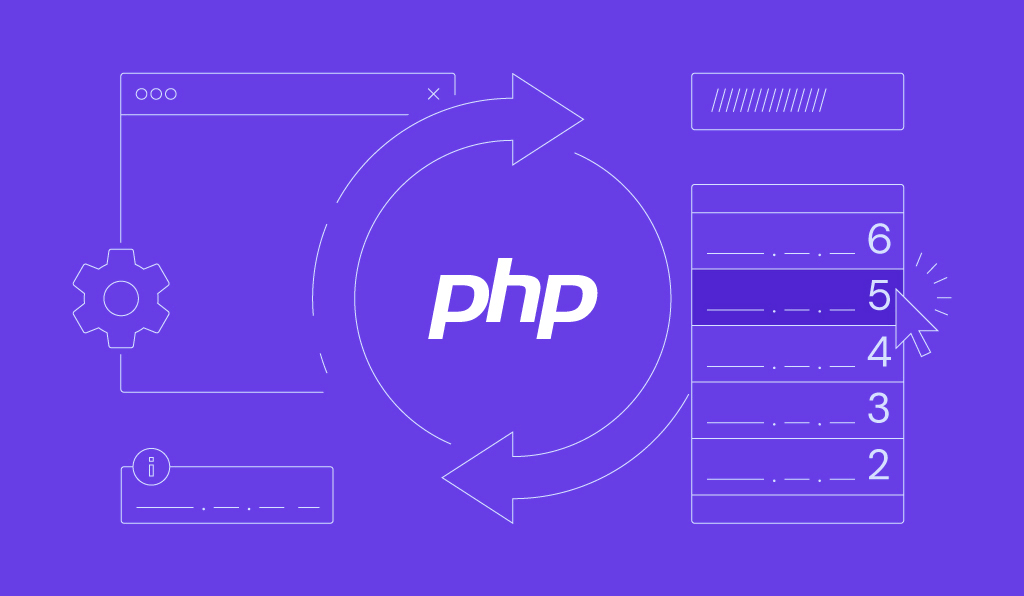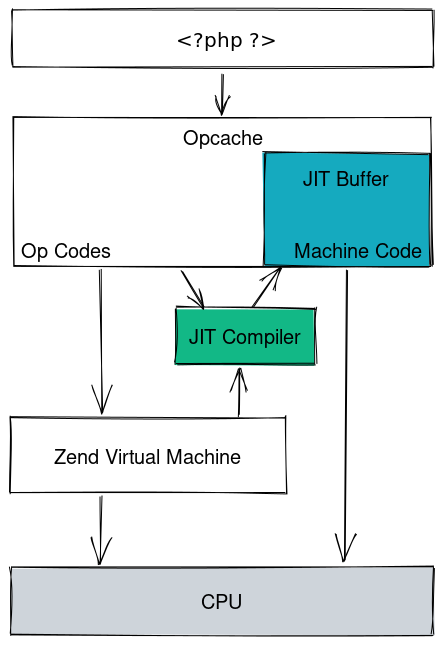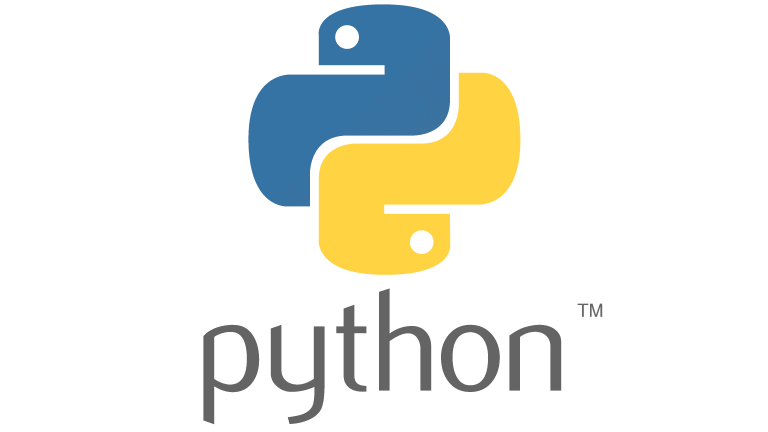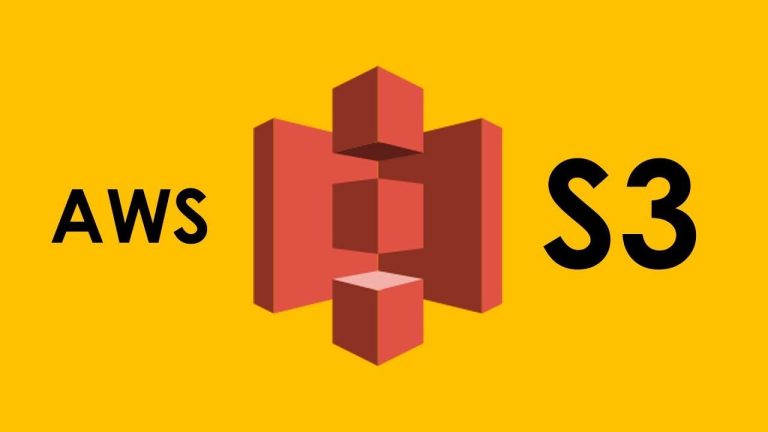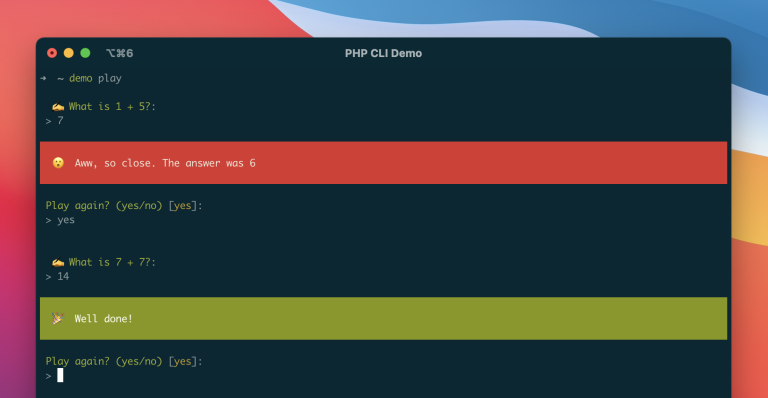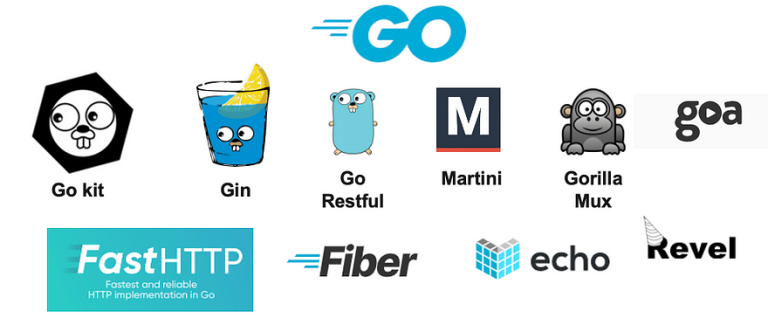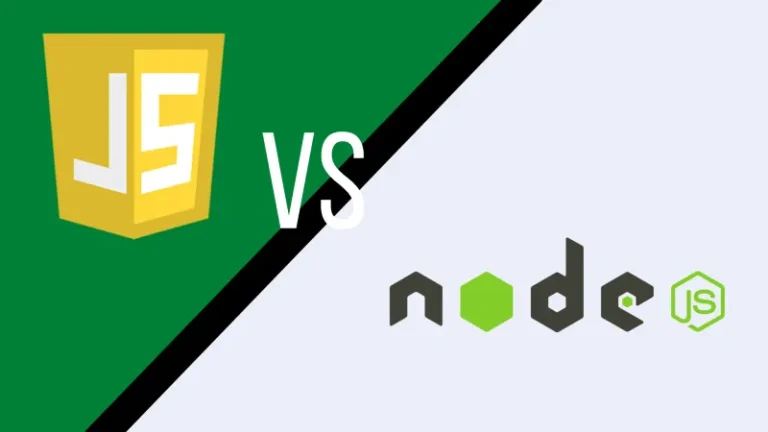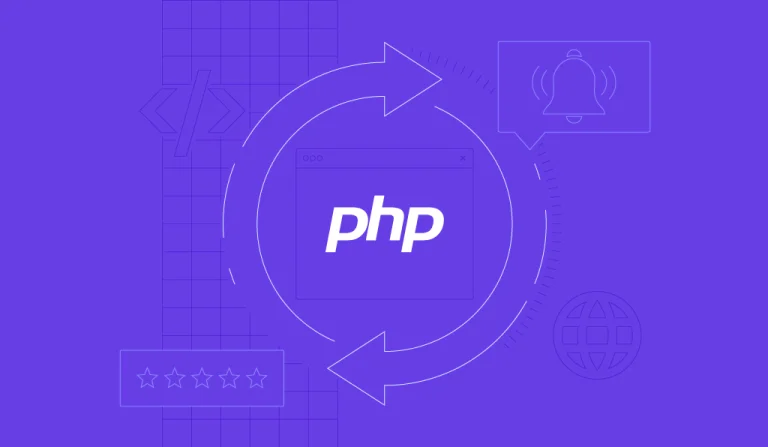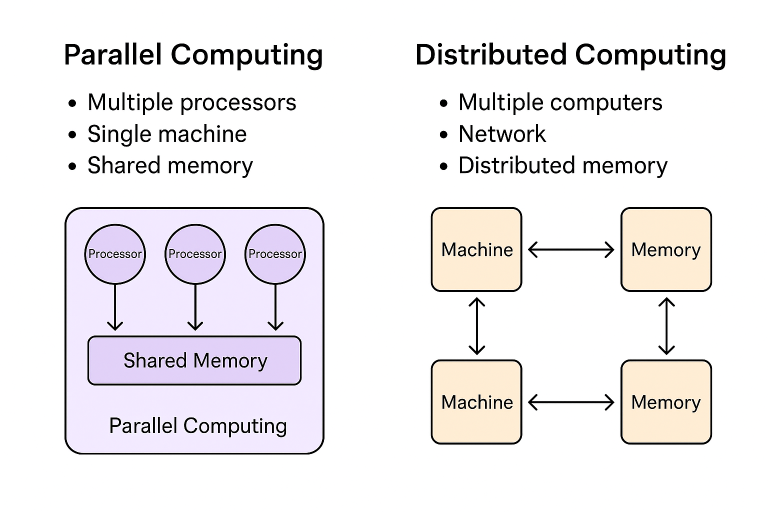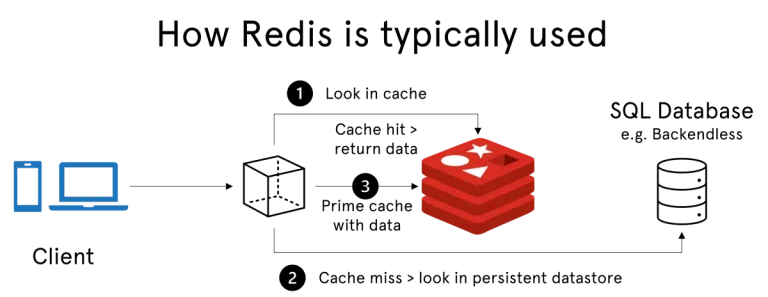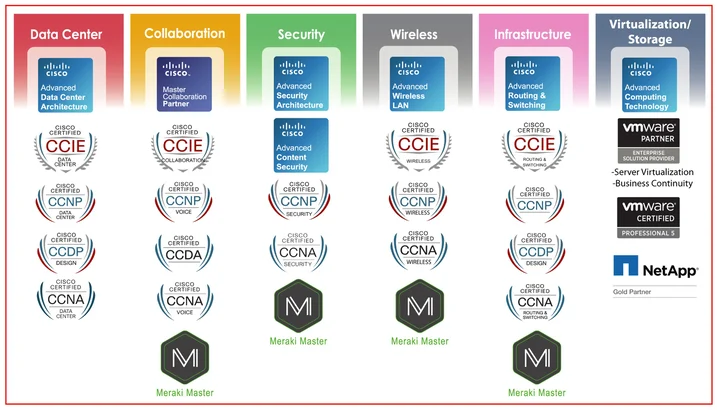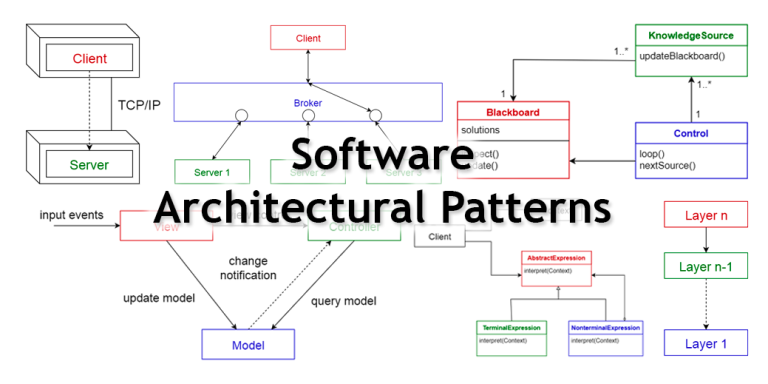PHP, a server-side scripting language, is a versatile tool for web development. It offers a rich set of built-in functions and libraries that simplify various tasks, from string manipulation to handling databases. In this article, we’ll explore some useful PHP functions and libraries that can enhance your web development projects.
Useful PHP Functions
1. String Manipulation Functions
strlen(): Returns the length of a string.str_replace(): Replaces all occurrences of a substring with another substring in a string.substr(): Returns a portion of a string.explode(): Splits a string by a specified delimiter and returns an array of substrings.
2. Array Functions
array_push(): Adds one or more elements to the end of an array.array_pop(): Removes and returns the last element of an array.array_merge(): Merges one or more arrays into a single array.array_filter(): Filters elements of an array using a user-defined function.
3. Date and Time Functions
date(): Formats a local time/date.strtotime(): Parses any English textual datetime description into a Unix timestamp.time(): Returns the current time as a Unix timestamp.gmdate(): Formats a GMT/UTC date/time.
4. File Handling Functions
file_get_contents(): Reads an entire file into a string.file_put_contents(): Writes a string to a file.fopen(),fclose(): Opens and closes files, respectively.filesize(): Returns the size of a file.
5. Database Functions (MySQLi)
mysqli_connect(): Opens a new connection to the MySQL server.mysqli_query(): Performs a query on the database.mysqli_fetch_assoc(): Fetches a result row as an associative array.mysqli_close(): Closes a previously opened database connection.
Useful PHP Libraries
1. Composer
Composer is a dependency manager for PHP. It allows you to manage project dependencies and autoload classes. With Composer, you can easily integrate third-party libraries into your project.
2. Guzzle HTTP Client
Guzzle is a powerful HTTP client library that simplifies sending HTTP requests and handling responses. It supports features like sending asynchronous requests, handling cookies, and more.
3. Monolog
Monolog is a logging library that provides a simple and extensible way to log messages in PHP applications. It supports various handlers, including writing log messages to files, databases, or sending them to external services.
4. Twig Templating Engine
Twig is a flexible and secure templating engine for PHP. It separates the logic from the presentation, making it easier to create and maintain clean and readable templates.
5. PHPUnit
PHPUnit is a testing framework for PHP that supports unit testing. It helps ensure the reliability of your code by allowing you to write and run tests for individual units (functions, methods, classes).
6. Symfony Console Component
Symfony Console Component provides a set of tools for building command-line applications in PHP. It simplifies the creation of command-line interfaces and handles input and output efficiently.
Conclusion
PHP’s extensive set of built-in functions and libraries makes it a powerful language for web development. Whether you’re working with strings, arrays, dates, databases, or integrating third-party components, PHP offers a wealth of tools to streamline your development process. By exploring and leveraging these functions and libraries, you can enhance the efficiency, maintainability, and robustness of your PHP web applications.

